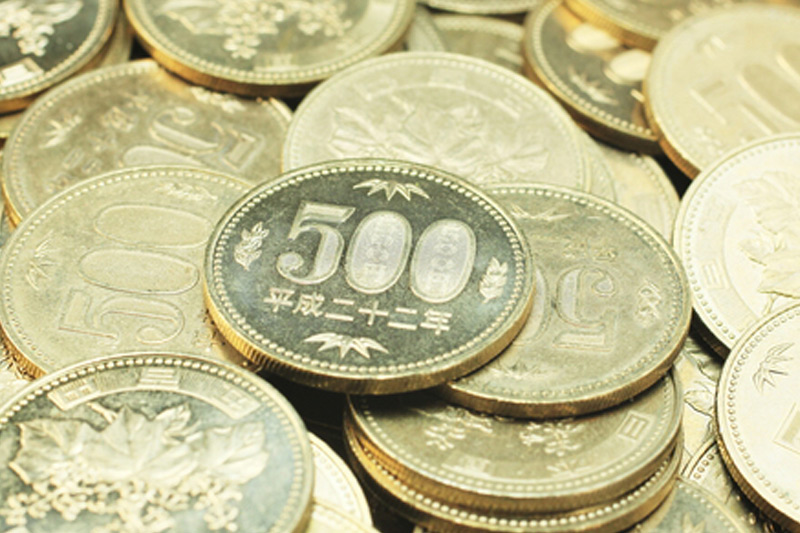Investing.com - The yen held weaeker and the Aussie gained on Thursday as investors focused on China's stimulus and comments from Japan's central bank governor were seen as implying continued easy policy.
AUD/USD traded at 0.7132, up 0.20%, while USD/JPY changed hands at 120.11, up 0.16%.
Bank of Japan Governor Haruhiko Kuroda is counting on a tight labor supply to raise consumer inflation toward the bank's target of 2% from zero, and Chinese policy actions to support Japan's sluggish exports, he said in a speech in New York late Wednesday.
But he repeated his mantra that the BOJ will "examine both upside and downside risks" to the economy and "make adjustments" as appropriate.
"The Bank of Japan will contribute to raising the growth potential of Japan's economy by achieving the price stability target of 2% at the earliest possible time through QQE (quantitative and qualitative monetary easing) and dispelling the deflationary mindset that has taken hold of Japan," he said.
Earlier, in Australia, second quarter private new capex data fell 4.0%, more than the 2.5% decline seen.
The U.S. dollar index, which measures the greenback’s strength against a trade-weighted basket of six major currencies, was down 0.10% to 95.21.
Overnight, the dollar trimmed gains against the other major currencies on Wednesday, but remained supported as the release of strong U.S. data on capital goods orders added to optimism over the strength of the economy.
Expectations for a U.S. rate hike were revived after data on Wednesday showed that core capital goods orders, a closely watched proxy for business spending, rose 2.2% last month, the biggest increase since June last year.
Total durable goods orders increased 2.0% last month, compared to expectations for a decline of 0.4%.
Market sentiment had received a boost earlier in the day after China’s central bank injected 140 billion yuan into the money market to avoid a liquidity crunch.
The People’s Bank of China announced plans for cheap loans to lenders, who have suffered after an increase in capital outflows following the devaluation of the yuan earlier this month.
The move came after the Shanghai stock market fell again on Wednesday, as Tuesday's interest rate cut failed to alleviate fears over the slowing economy.
The single currency moved lower after European Central Bank Executive Board member Peter Praet said Wednesday that lower commodity prices and signs of economic weakness mean there is an increased risk that the euro area will miss its short-term inflation targets.
He also indicated that the ECB is prepared to scale up its asset purchase program, known as quantitative easing, if necessary.
